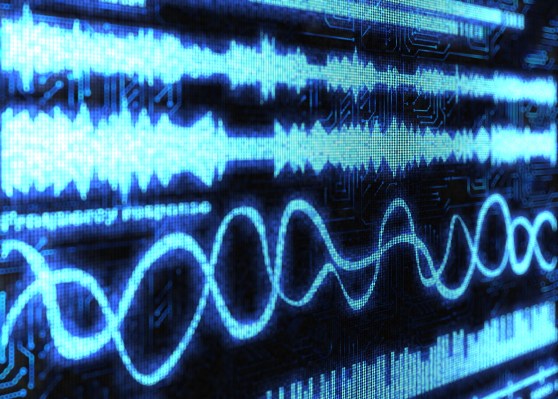We are only scratching the surface of how artificial intelligence might be used in art, and musicians are already experimenting with the technology. But if their AI-assisted composition is to be eligible for a Grammy, they’ll need to make sure that their contribution is “meaningful,” the rules now state.
An update to the famous awards’ eligibility criteria states that “[o]nly human creators are eligible to be submitted for consideration,” and that “[a] work that contains no human authorship is not eligible in any Categories.”
AI is not a kiss of death, though. In a wise and shrewdly open-ended exception to this prohibition, the Grammy authorities allow for any work in which “the human authorship component of the work submitted must be meaningful and more than de minimis.” Furthermore, the authorship must pertain to the category a song is submitted for (e.g., for “songwriting” the AI cannot have written the song).
What does this all mean? Say you used an AI-powered tool to generate a constantly shifting loop of some instruments you played. You layer this in with the drums, recorded instruments, and record the vocals you wrote on top. No problem here! The AI is basically just a tool or effect, like any pedal or filter.
But what if you had the AI generate the lyrics from a prompt, then sing them in the style of David Crosby? Then you have Riffusion put together some beats and instrumentation. Last, layer in some unique generated tones you shifted from Brian Eno’s Reflection.
Now, regardless of the quality of the result (and at a guess . . . not great), no one would say that you had no creative hand in the resulting track. But were you the songwriter, the vocalist, the composer, or the instrumentalist? Not as those terms are commonly understood or credited. And certainly not according to the folks setting the rules over at the Grammys.
This policy of excluding pure AI works but allowing it to be used as a tool is probably the best way forward for awards like this. We’ve seen already how malicious actors can flood publishers with AI-generated writing, hoping to snatch a paid spot or even just notoriety. Deepfakes and AI-generated video are already starting to creep onto streaming platforms. Music is likewise vulnerable to disruption by those who would abuse AI technology instead of use it creatively.
Generative music, it must be said, is more than simply valid — it’s practically a genre of its own now. And the creation of some of its most iconic works could be described as simplistic (even by their own creators). But it seems unlikely that the Grammys would reject Eno’s Music For Airports if it was submitted today, since it seems clear that there is “meaningful” human authorship involved. But they wouldn’t allow three minutes of randomly selected Generative.fm or Kriller tracks.
The policy is, as I said, wisely open-ended, allowing for the organization to exercise its judgment in what they define as “lacking significance or importance; so minor as to merit disregard.” No doubt this definition will be in flux in years to come as major artists embrace, reject, or grudgingly include AI-powered tools in their creative processes.
